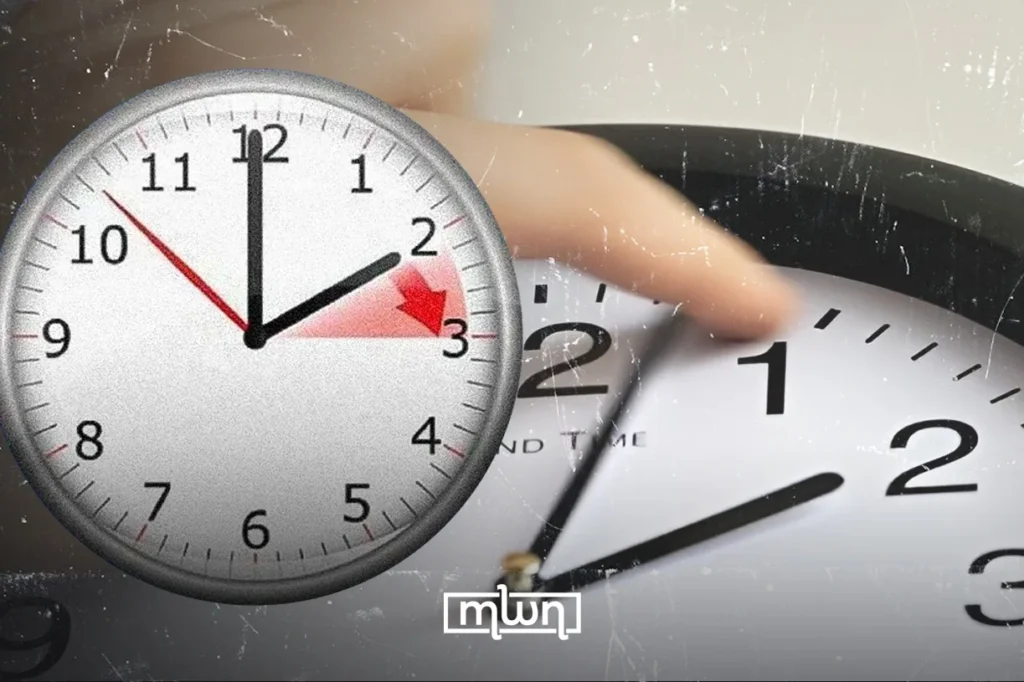Doha – Morocco changes to GMT+1 on Sunday, April 6th at 2:00 a.m.
This change, which was previously announced by the Ministry of Digital Transformation and Administrative Reform together with the GMT adjustment of the Ramadan in February was celebrated on March 31.
The adaptation marks the country’s return to its standard time according to the recent temporary GMT schedule This was present during the Ramadan to record fasting plans.
The time change, prescribed According to Decree No. 2.18,855 of October 26, 2018, the continuous debate has aroused among the Moroccan citizens since its constant adoption.
While the government appeals to its supposed economic advantages, many citizens press strong opposition to Morocco in today’s daylight, especially in terms of their effects on everyday life and health.
The economic justification for maintaining the GMT+1 in the course of the year is about synchronization with European partners.
During the latest Ramadan period, when Morocco temporarily switched to GMT, companies experienced disorders due to time differences in up to two hours with countries such as France and Spain that influenced electronic exchange, international flights and logistical coordination.
The tourism sector benefits directly from this temporal orientation, since the consistent time zone rationalizes operations with European travel agencies, airlines and booking platforms.
The government claims that this stability demonstrates professionalism for Morocco’s primary tourist markets.
The public opposition is still widespread, especially with regard to the effects on children and working adults. The parents report that they have to struggle with their children’s school plans, especially in the winter months in which the students have to leave at home before sunrise.
Read too: Benabdelkader: The year -old daylight saves the time ‘benefits the citizens.
Citizens have gone on social media to demand the permanent introduction of GMT and quotes concerns about sleep disorders, reduced concentration and increased stress level.
The banking sector, commercial transactions and foreign investments are also the commitment of the government for GMT+1.
In today’s globalized economy, the administration specifies the claim that the temporal orientation for economic integration and commercial agility has become essential.
Time policy in Morocco has developed over the years, with the permanent introduction of GMT+1, with the exception of the annual Ramadan period Standard practice.
Before that, the country would only switch to GMT+1 in the summer months and return to the standard time when Ramadan fell in summer.
Citizens are reminded of preventing their clocks early on Sunday morning at 60 minutes and implementing the return to the standard time of the country, as described in the 2018 decree on the statutory period of the country.
Safaa Kasraoui contributed to this story.





